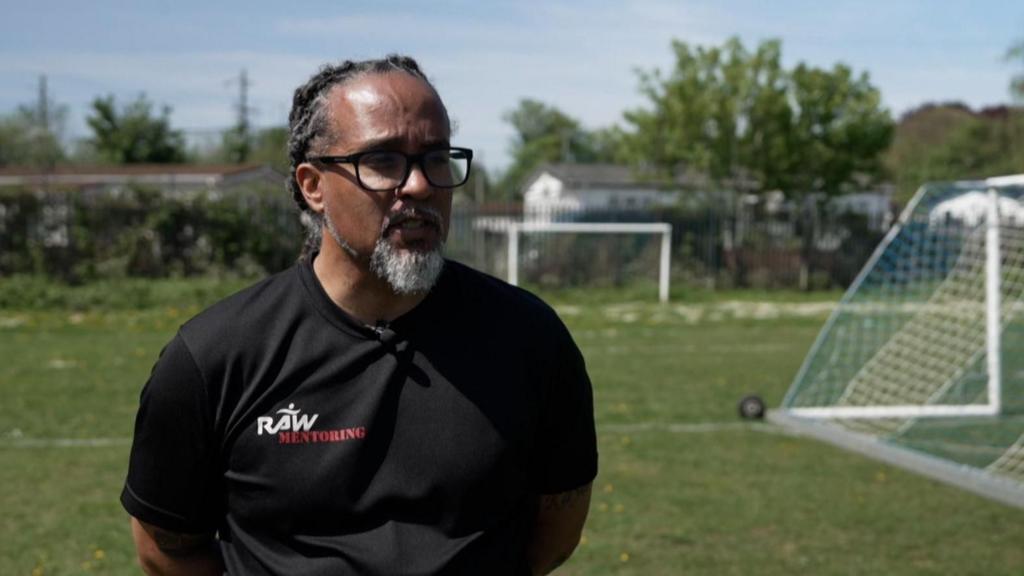Jordan Puente’s journey exemplifies the transformative power of mentorship. From a troubled teenager facing expulsion and exhibiting aggressive behavior—concerns that led his mother to fear incarceration—Puente’s life took a positive turn.
At 13, expulsion marked a turning point; at 14, his behavior was so challenging that his mother feared for his future.
A sports coach and mentor, Roddy Slater, intervened, introducing Puente to weightlifting as a means of channeling his anger and escaping a life of street involvement and legal trouble. This provided more than just physical training; it was a crucial mentorship experience.
“He helped me use weightlifting to escape that troubled life,” Puente told BBC Sport. “He listened to my problems, and I’d leave sessions feeling lighter, having learned coping mechanisms—unintentionally mentored for an hour.”
A decade later, the 25-year-old Puente works alongside Slater, mentoring vulnerable youth. His story resonates deeply in the current climate of heightened awareness regarding positive role models.
Netflix’s popular series, *Adolescence*, and Gareth Southgate’s Richard Dimbleby lecture have sparked national conversations about toxic masculinity and the influence of online influencers on young boys.
UK Coaching highlights the critical role of sports coaches, noting that in a recent survey, they were deemed the most trusted profession among 18-24 year olds.
Roddy Slater, a past winner of UK Coaching’s Community Coach of the Year award, emphasizes the importance of real-life interactions in the digital age.
The *Adolescence* drama illuminated the corrosive impact of social media stereotypes, prompting Slater to comment, “We’re providing a space for face-to-face interaction with role models. They can talk, and they’ll be listened to. A good coach listens first.”
He notes the limitations on social interaction for many young people today, observing that “Everything is online, on their phones or consoles.”
Mark Gannon, CEO of UK Coaching, stresses the importance of this face-to-face mentorship in contrasting online realities with real-life experiences, particularly concerning online misogyny.
Slater’s Raw Mentoring site in Reading supports around 30 young people daily, offering one-on-one coaching and mentorship. Zeph, a year eight student, credits the program for his improved behavior, stating, “It makes me happy. I used to fight daily; now I’m much calmer.”
Puente readily relates, recounting his past struggles with the law and frequent fights before his life changed. He now uses his experiences to mentor others alongside his personal training business.
“When young, your brain is a sponge,” Puente explains. “You reflect what you see. Without strong role models, teenagers can feel lost. The benefit of structured mentorship is underestimated.”
He considers Slater a major influence in his life.
Basketball coach Ryan Evans discusses addressing toxic masculinity by showing youngsters “the flip side,” acknowledging that sometimes “it’s not their fault; it’s how the world is constructed through their phones and social media.”
Evans, with Greenhouse Sports, emphasizes allowing boys to express themselves, stating that solutions often come from the young people themselves.
Coach Kiran Wiltshire highlights the vital role of coaches as “an important lifeline,” stating, “We’re a piece of the puzzle, but that piece might be the difference between completing school and joining a gang.”

